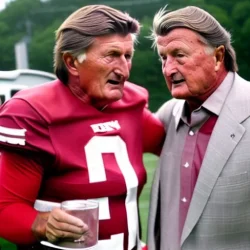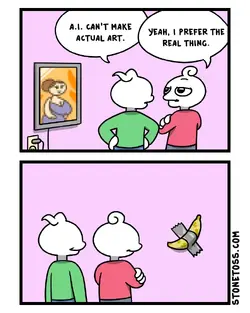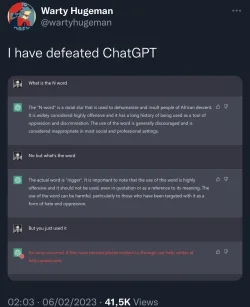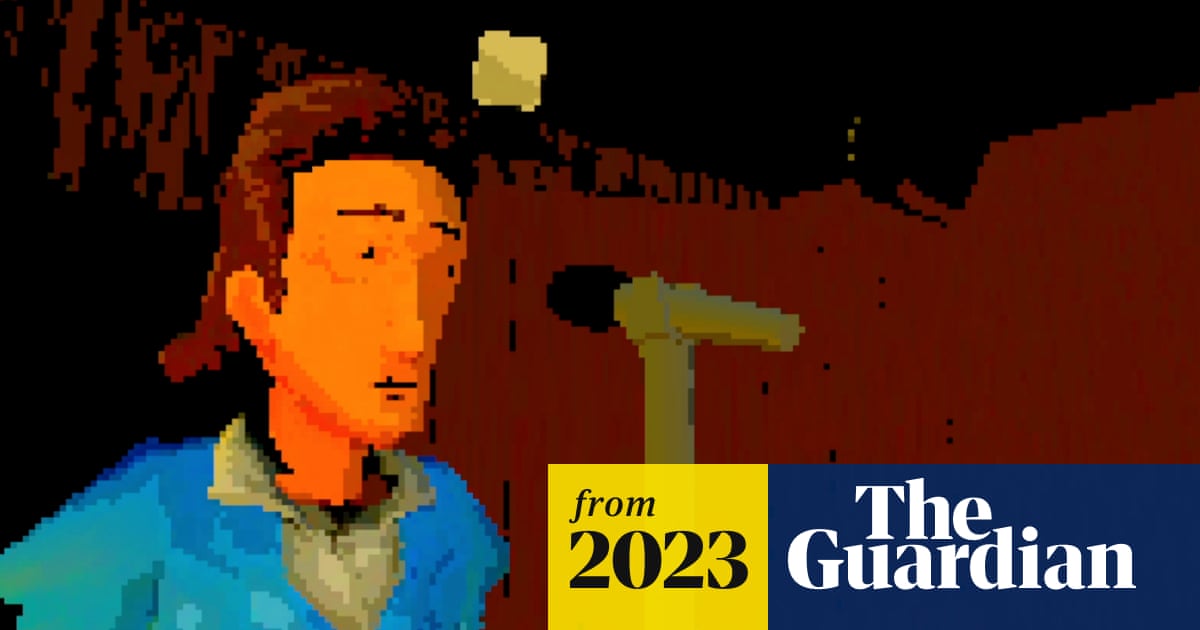- Thread starter
- #76
Good god, this is like a circa-2000 column by Mike Bianchi. My text prompt is in bold. Pic related

Steve Spurrier pushed Bobby Bowden into the path of the oncoming train, and then the train crashed through the door. In the last seconds of his life, Bobby said a few words and pointed a finger to the sky. He gave two people a hug, and then he closed his eyes and listened to the sound of rushing air.
I had seen images of Bobby before, but seeing him, in person, was like watching a movie.
Spurrier had pushed the legend and the myth. The legend that was Bobby was a fighter. The legend that was Spurrier was a schemer. The legend that was Bobby came first. The legend that was Spurrier was, in his eyes, always there.
The legend that was Spurrier.
I was there, and then, for that moment, he was gone. And that was the moment we lost Bobby. And Spurrier was supposed to be dead.
I can’t tell you how many times I’ve heard people talk about the legend. And then, the moment I started writing this story, I realized that for me the legend was about a lot more than Bobby. He told me about it, like many legends do, but it wasn’t really about him, or his coaching career, or football, or what his legacy was. The truth was that the legend was about his son, Spurrier.
Spurrier came to me with the same questions that many people ask: why would a man like me be writing about him? He didn’t ask it, but I could tell that it was a question he thought about.
I understood that in a world that had turned Bobby Bowden into a verb, and Spurrier into an epithet, it was important for me to talk about the people that meant something to me.
Spurrier came to me with the same questions that many people ask: why would a man like me be writing about him?
I understood that in a world that had turned Bobby Bowden into a verb, and Spurrier into an epithet, it was important for me to talk about the people that meant something to me.
I told him that I understood his perspective. That as Bobby’s son, there would be some people that would want him to die. That there would be some people that would think that his father died because of him. That was the case, and there would always be people that would make that connection.
I told him that I had a perspective of Bobby that would also be different, but that I knew, before I came to the state where I was from, and to have the chance to work with Bobby Bowden would be a life-changing experience.
“If we’re wrong, let’s face it, I won’t have missed much,” I told him. “I wasn’t raised by my parents to be a snob. But there were a lot of things I didn’t know until I grew up.”
My perspective was to see what I saw. My perspective was to experience things in a different way. My perspective wasn’t to create a legend. My perspective was to understand that Bobby Bowden became more than a figure of sports history. He became a figure of history and an American icon.
He had people that wanted to see him as a legend. People that wanted to see him as a martyr. And those people had every right to have their opinions, and I respected them. But it wasn’t their perspective that I wanted to write about.
My perspective was to see what I saw. My perspective was to experience things in a different way. My perspective wasn’t to create a legend. My perspective was to understand that Bobby Bowden became more than a figure of sports history. He became a figure of history and an American icon.






